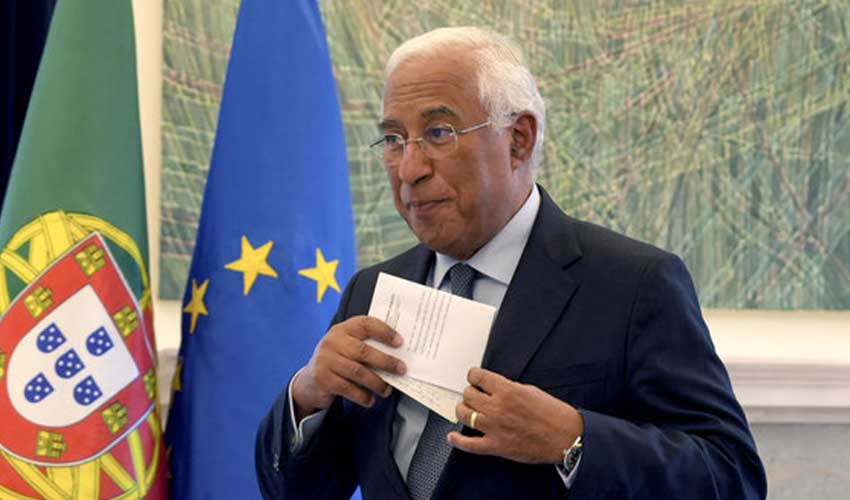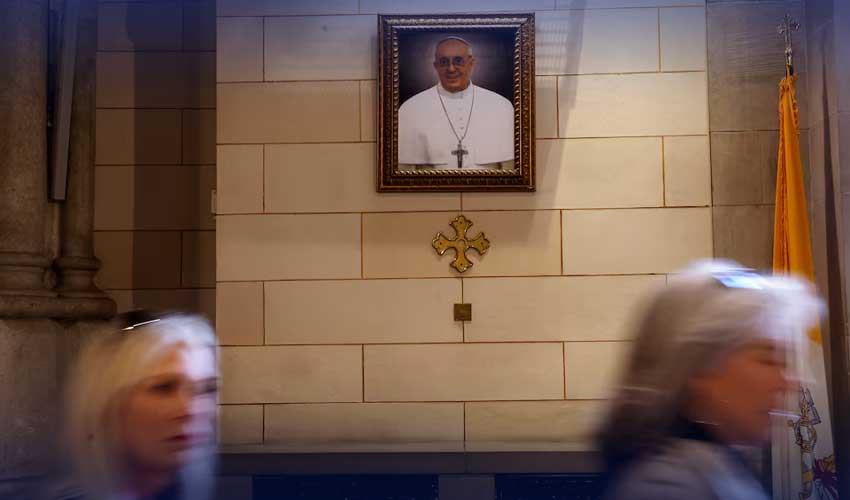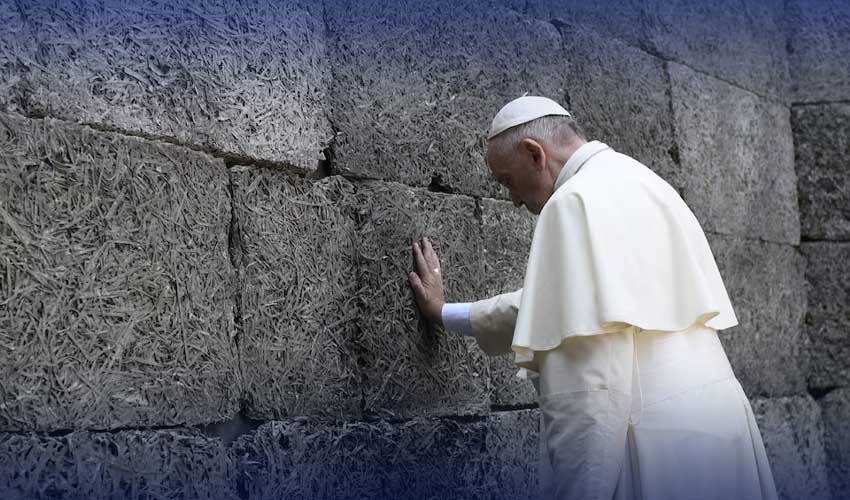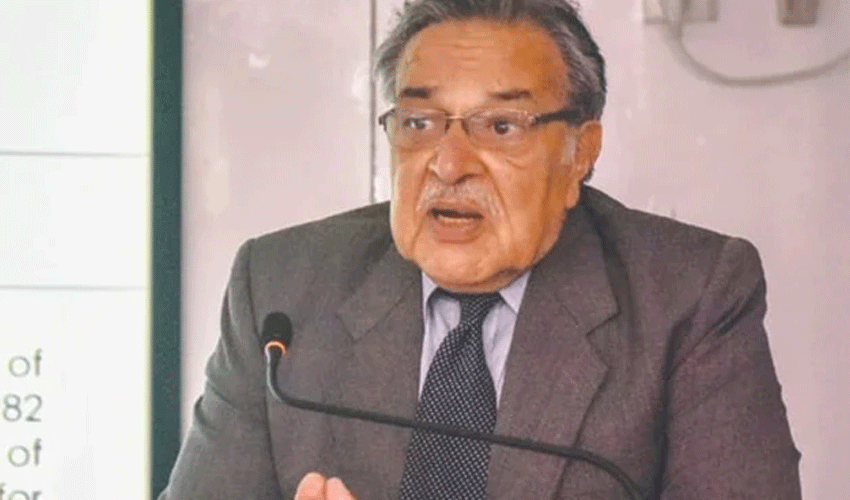Portugal's primary opposition party, the Social Democrats (PSD), forged a late-night agreement on Thursday with the right-wing CDS-PP for a pre-electoral alliance, aiming to enhance their prospects in the upcoming March general election.
The resignation of Portuguese Prime Minister Antonio Costa from the Socialist Party (PS) on Nov. 7, amid an investigation into alleged irregularities related to lithium, hydrogen, and data centre deals, prompted President Marcelo Rebelo de Sousa to call for a snap election on March 10.
Led by Luis Montenegro, the PSD announced a pre-electoral agreement named the Democratic Alliance (AD), set to be signed on Sunday, which they describe as having "historical inspiration and symbolism."
While most polls suggest a close race between the PS, now led by Pedro Nuno Santos, and the PSD, a survey released on Jan 1 showed the Socialists with 34.1% of the vote compared to the PSD's 24.8%. The new alliance is expected to fortify the Social Democrats' position.
Drawing parallels with a similar coalition in 1979 that secured an outright parliamentary majority the following year, this alliance aims to ensure the return of the right-wing CDS-PP to parliament. In the 2022 general election, the CDS-PP failed to secure any seats, and its leader, Nuno Melo, expressed confidence that the alliance would rectify this.
Political scientist Adelino Maltez highlighted that despite the CDS-PP's failure to secure seats in 2022, the party "was not dead," maintaining public support and media presence, factors that influenced Montenegro's decision.
The upcoming election faces potential complications due to the rise of the populist, anti-establishment party Chega. Analysts express concern about a post-election stalemate, as Chega emerged as Portugal's third-largest parliamentary force in 2022, winning around 7% of the vote. A recent poll suggested Chega's support could grow to 16.3%, but the PSD has ruled out forming an alliance with the party.
Since 2015, the PS has been in power, with Costa's initial four-year mandate secured through a far-left alliance with the Left Bloc and Communists. Nuno Santos, now leading the PS, successfully coordinated support for that alliance and has not ruled out a similar collaboration this time. Left Bloc leader Mariana Mortagua has also signalled openness to negotiating an alliance.



























